Search

News & Events
Premmie twins defy the oddsWhen Samuel and James Considine were born in October 2003, perilously close to what the medical world describes as the limit of viability, each weighed just 700 grams and could fit into the palm of their father’s hand.
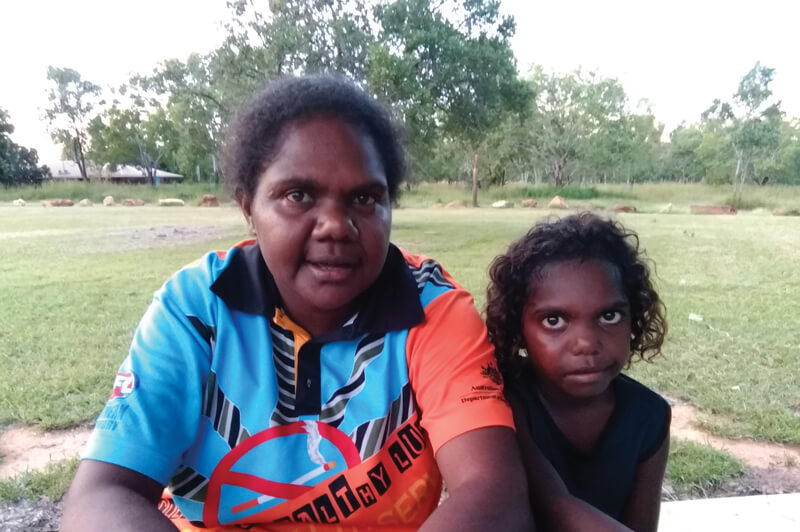
News & Events
Community collaboration ensures ending RHD is everybody’s businessCollaboration is the driving force behind ‘END RHD Demonstration Communities’ – a new community-driven, research-backed approach to tackling rheumatic heart disease (RHD) in remote Australia.

News & Events
Landmark language study draws to a close - but the work is just beginningA joint initiative between The Kids Research Institute Australia, The University of Western Australia, the University of Kansas and Nebraska University, it is the world’s only study to conduct such a detailed assessment of language and literacy development from infancy through the formative adolescent years.

News & Events
Technology powering researchResearchers at The Kids are harnessing the power of apps and other online tools to ensure the results of their research reach those who need it most – children, young people and families.
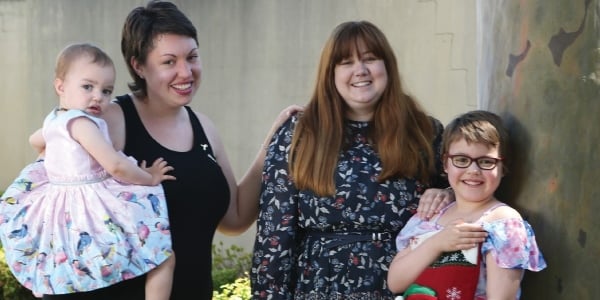
News & Events
Amazing Aroha brings comfort to other sick kidsEmma White, a registered nurse, suspected for several months that something was wrong with her 7-year-old daughter Aroha, but couldn't get answers despite visiting numerous GPs.
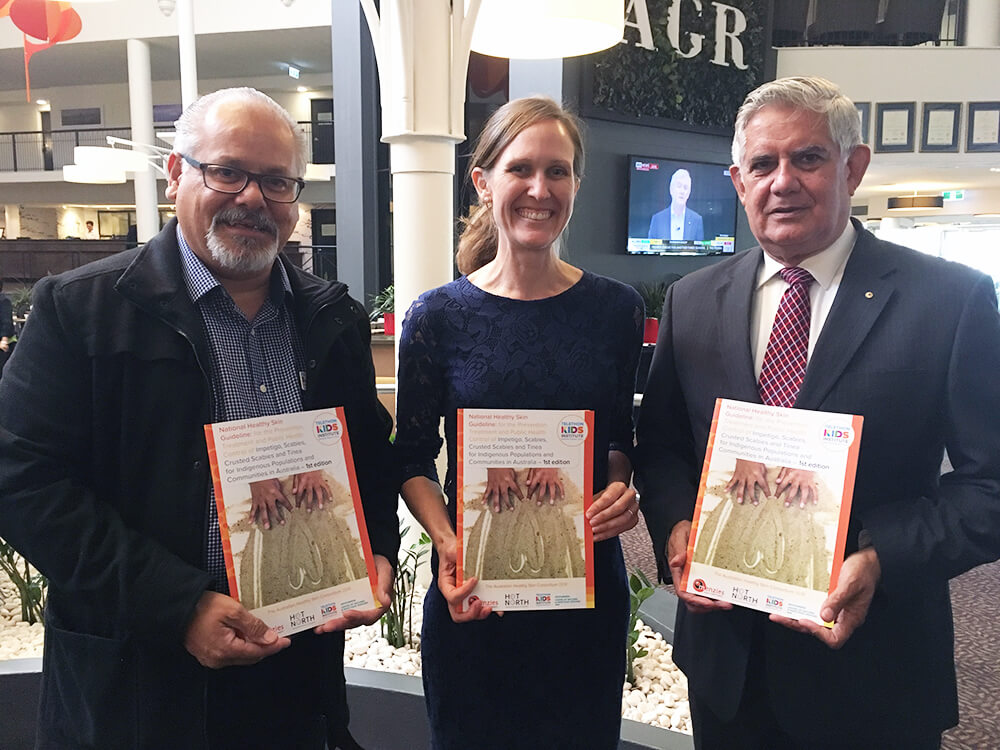
News & Events
National guideline to tackle record rates of skin infectionResearchers have developed the first National Healthy Skin Guideline to address record rates of skin infections in Australia’s Indigenous communities.

News & Events
InFocus Interview: Kirsten Hancock on multigenerational disadvantage in AustraliaAn InFocus Research Interview with Kirsten Hancock of the Human Capability Team at The Kids Research Institute Australia on multigenerational disadvantage in Australia.
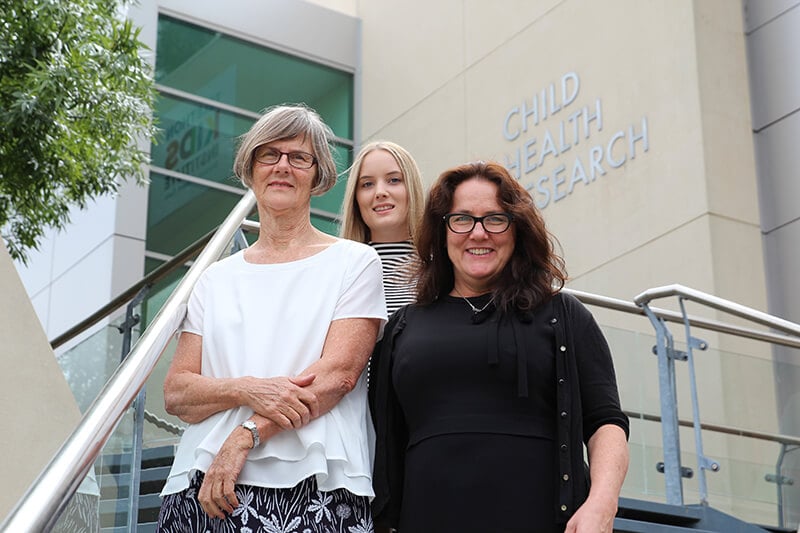
News & Events
Nine out of ten young people in detention found to have severe neuro-disabilityNine out of ten incarcerated youth examined by The Kids researchers as part of a ground-breaking study had some form of neuro-disability.
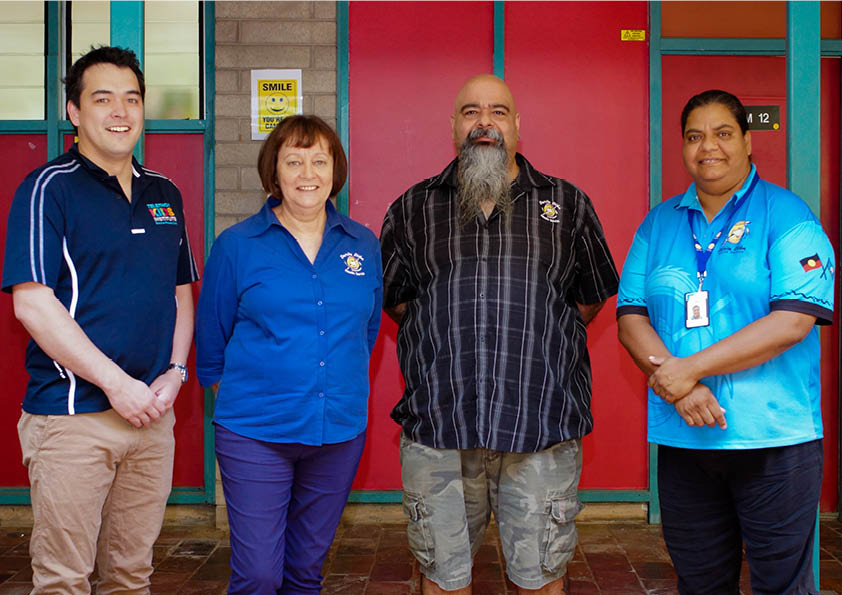
News & Events
New RHD research collaboration with Danila Dilba Health ServiceThe Kids Research Institute Australia and Menzies School of Health Research have joined forces with Danila Dilba Health Service to look at improving treatment for RHD.

News & Events
Inaugural Winner of the Deborah Lehmann Research AwardCongratulations goes to Celestine Aho, the inaugural winner of the $30,000 Deborah Lehmann Research Award.
